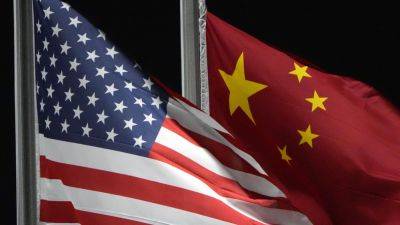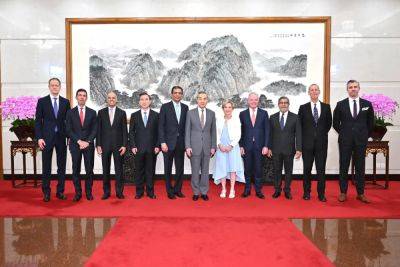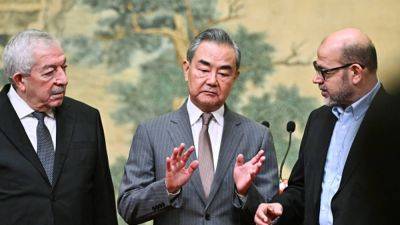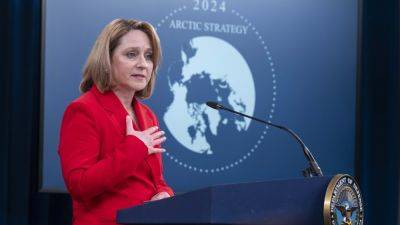U.S. Creates High-Tech Global Supply Chains to Blunt Risks Tied to China
If the Biden administration had its way, far more electronic chips would be made in factories in, say, Texas or Arizona.
They would then be shipped to partner countries, like Costa Rica or Vietnam or Kenya, for final assembly and sent out into the world to run everything from refrigerators to supercomputers.
Those places may not be the first that come to mind when people think of semiconductors. But administration officials are trying to transform the world’s chip supply chain and are negotiating intensely to do so.
The core elements of the plan include getting foreign companies to invest in chip-making in the United States and finding other countries to set up factories to finish the work. Officials and researchers in Washington call it part of the new “chip diplomacy.”
The Biden administration argues that producing more of the tiny brains of electronic devices in the United States will help make the country more prosperous and secure. President Biden boasted about his efforts in his interview on Friday with ABC News, during which he said he had gotten South Korea to invest billions of dollars in chip-making in the United States.
But a key part of the strategy is unfolding outside America’s borders, where the administration is trying to work with partners to ensure that investments in the United States are more durable.







